The heart is one of the most important organs in the body. Heart health determines the health of other organs, and once the heart starts to deteriorate, other organs such as the liver and kidneys start to take a toll. That’s why regular checkups take blood pressure, blood levels, and other heart-focused tests to determine your overall health.
While exercise does ensure that the heart is strong and functioning properly, diet provides the necessary fuel for the heart to perform well. The following are five foods (and their respective groups) that are recommended by health professionals to ensure a healthy heart!
1. Salmon
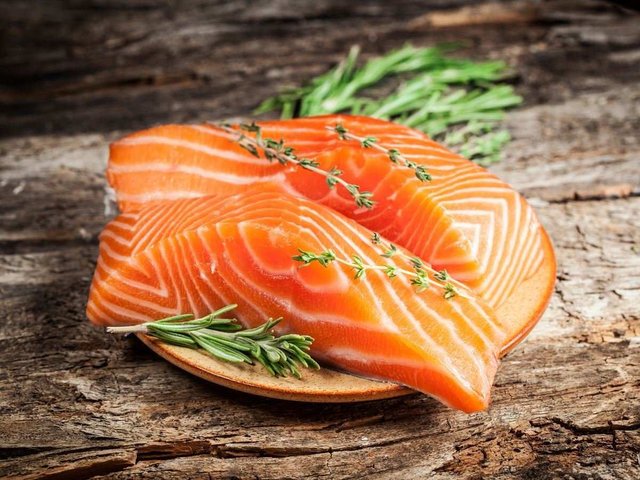
Salmon is high in omega-3 fatty acids, which have been all the buzz recently. Omega-3 fatty acids are like the butter or oil on a pan to prevent food from sticking to the pan. In the body, they prevent the blood from sticking to the blood vessels, preventing stroke, venous embolism, and other artery-clogs.
The American Heart Association has tested that 2 healthy servings of oily fish is the best for a well-balanced diet. Salmon is the most popular oily fish, followed by tuna, sardines, and many more.
2. Walnuts
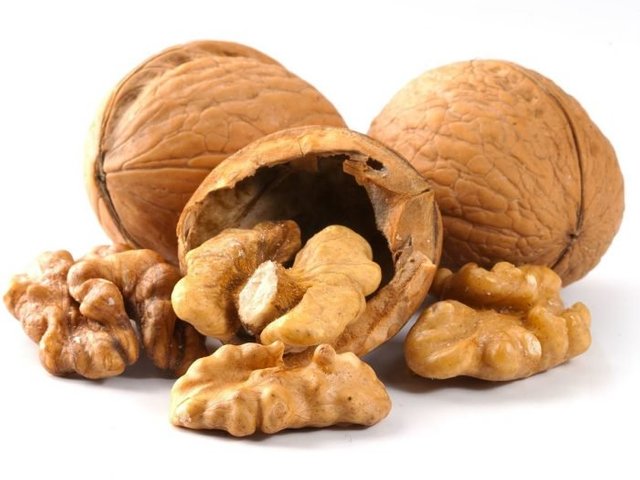
Walnuts also contain healthy oils, in the form of mono-unsaturated fats. What mono-unsaturated fats do better than poly-unsaturated fats are they take up less space, so they serve the same purpose but don’t clog up arteries as easily.
While other nuts also contain mono-unsaturated fats, walnuts have the highest content, followed by popular choices such as macadamia nuts and hazel nuts (yes the coffee kind too).
3. Raspberries
Raspberries contain antioxidants, which are foods that prevent harmful byproducts that are caused by natural processes in your body. Similar to how cars emit harmful gasses, your body will also emit radical-causing chemicals that need to be taken care of.
Other berries, such as strawberries and blueberries, also contain lesser levels of antioxidants. These berries, combined with the next item on our list, are often a healthy snack!
4. Fat-Free or Low-Fat Dairy
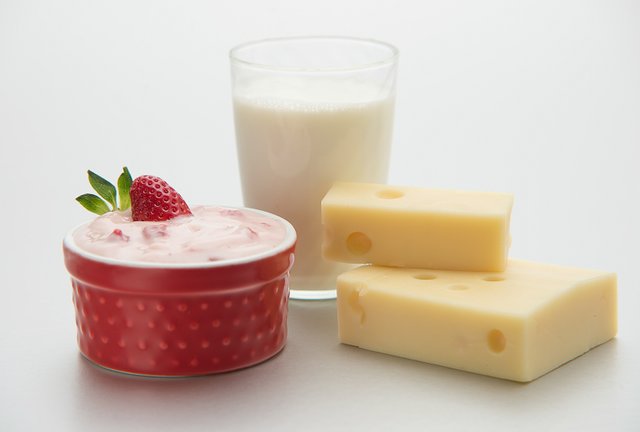
Dairy contains high levels of vitamin K, which keep the blood pressure balance. The other side of the balance is affected by sodium, otherwise known as salt. These days, there are large amounts of sodium in many processed meals and packaged food, to help prevent food from spoiling (and a little added taste).
To prevent the scales tipping in favor for sodium, potassium needs to be prominent in the diet, too. Low-fat or Fat-free dairy is a great choice since they have all the benefits of potassium, without the fat so you can control one balance (sodium-potassium) without tipping another (fat levels in the body).
5. Chickpeas
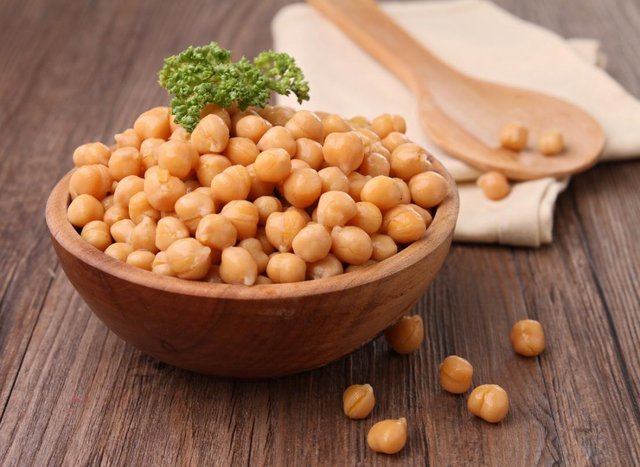
Chickpeas, beans, and other legumes contain fiber, which is widely known to help digestive tracts. What is lesser known being that fiber also aids heart health, by being the paper towel that wipes up the mess that is low-density cholesterol. Fiber then travels through the digestive tract and is expelled from the body.
An easy way to incorporate chickpeas into the diet is hummus! A loved food of the Mediterranean, often dipped with pita chips, and can fit with almost any meal.
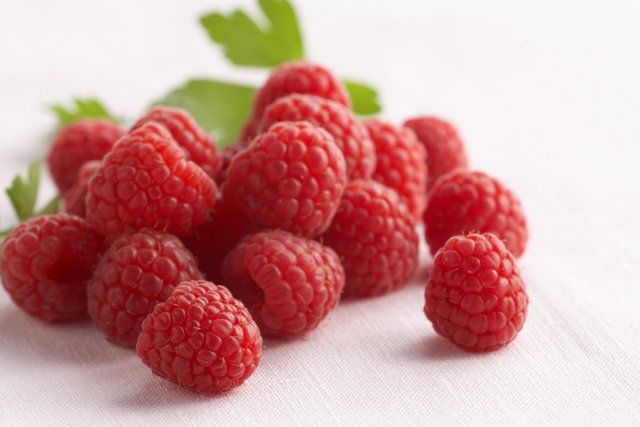
Nice Information !!
Downvoting a post can decrease pending rewards and make it less visible. Common reasons:
Submit
Thanks for reading! If there's anything else health-related you would like to learn about, just let us know and we'll write an article :)
Downvoting a post can decrease pending rewards and make it less visible. Common reasons:
Submit